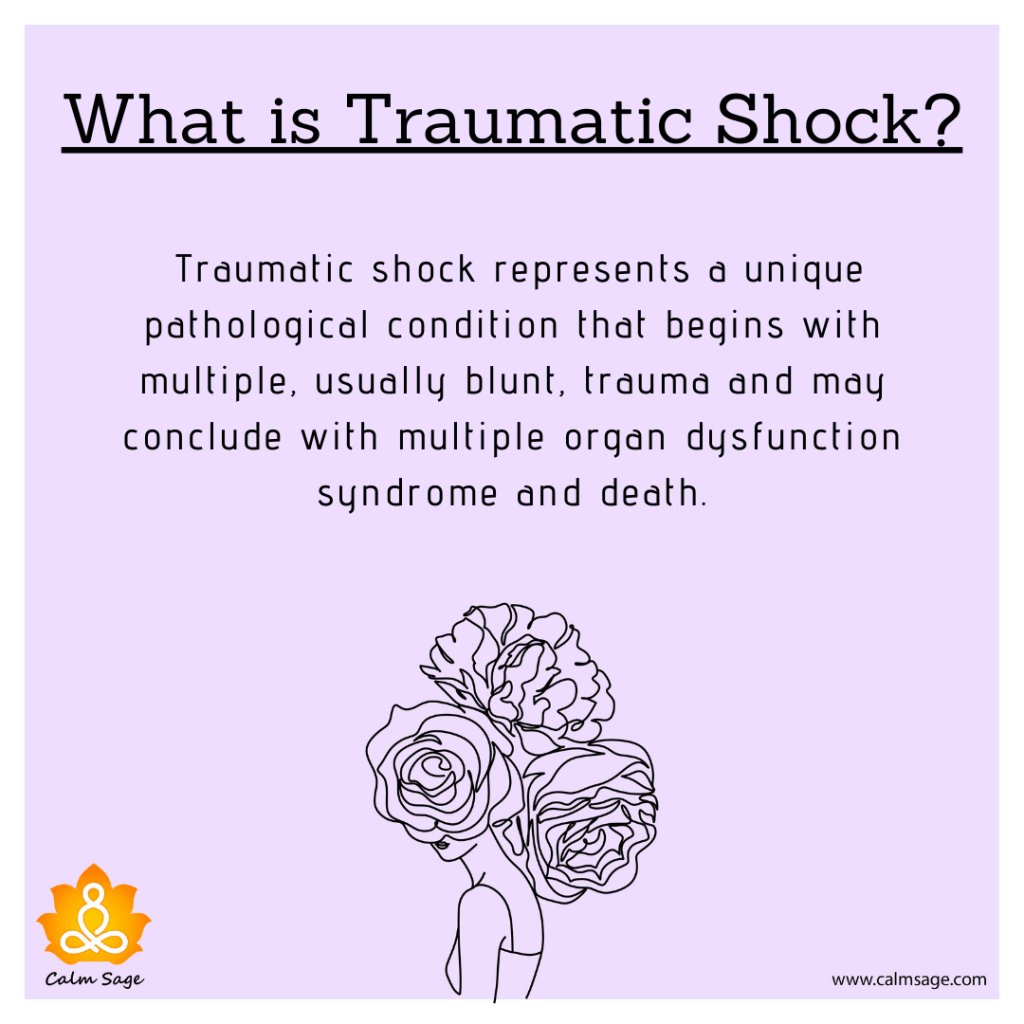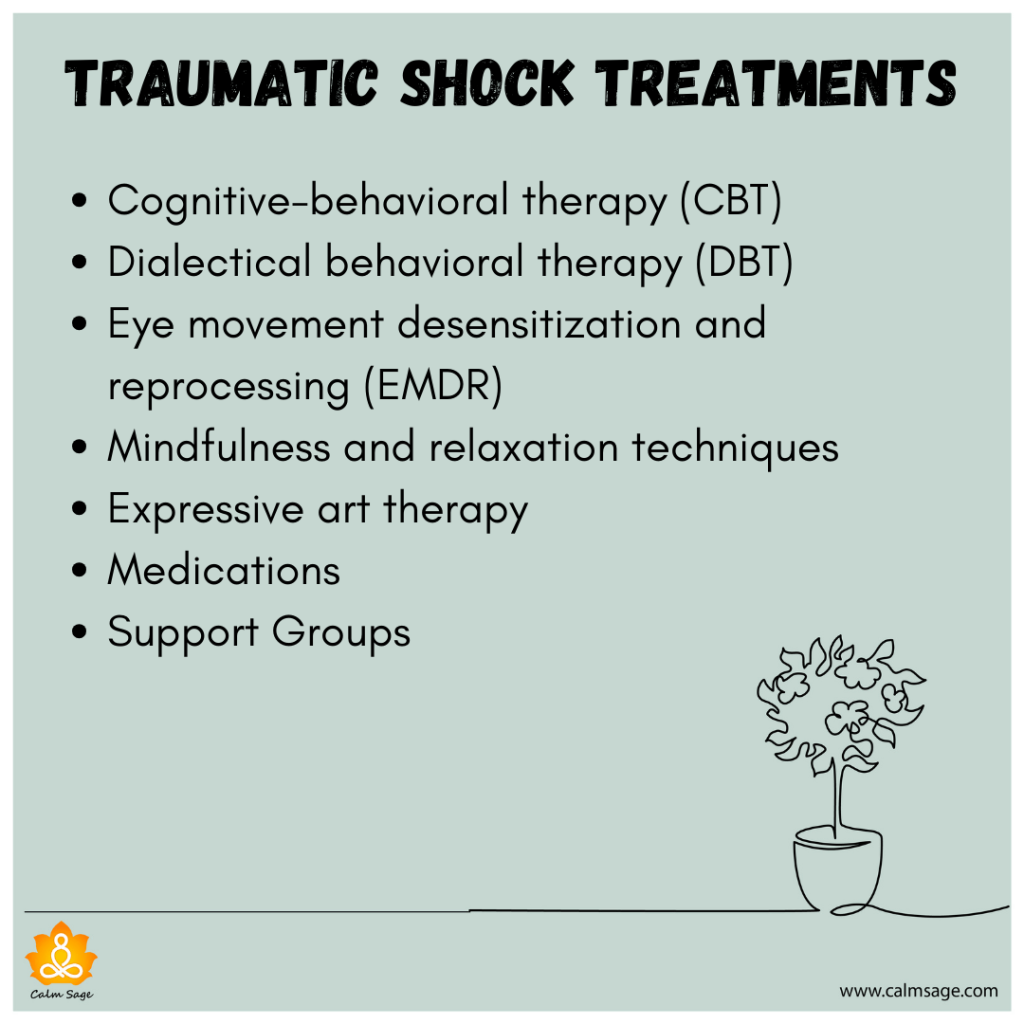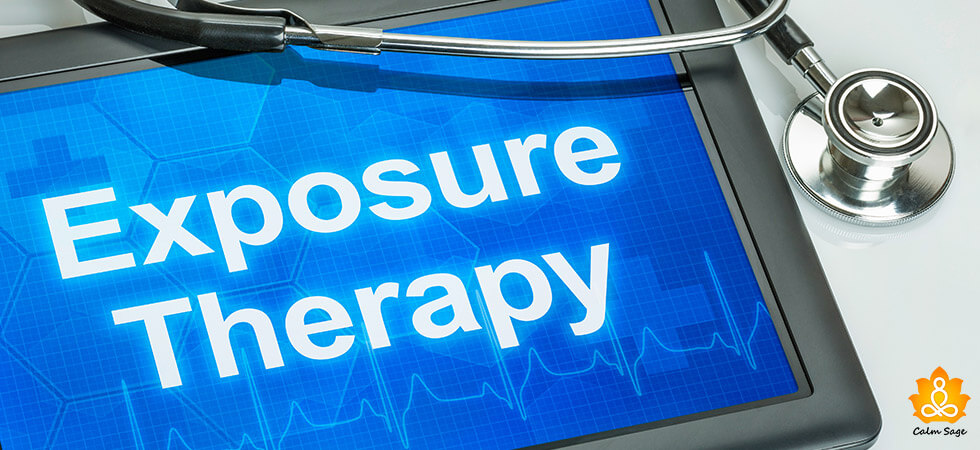This Is What Traumatic Shock Does to You [And How to Cope]

Trauma is an experience that can leave us feeling distressed and emotionally agitated. Trauma is also something that manifests itself differently, in various ways, for each person. Not only does experiencing trauma affect someone mentally, but emotionally and physically too. One of the immediate emotional responses that trauma brings is traumatic shock.
You can say that traumatic shock is that feeling of overwhelming fear and numbness that accompanies the aftermath of traumatic events, often followed by dissociation, dizziness, and trembling limbs.
More than a part of trauma itself, traumatic shock is a defense mechanism that helps you cope with the aftermath of a traumatic event. So, what does traumatic shock look like? How does it impact your well-being? Let’s answer all of these questions in this article!
What is Traumatic Shock?
Traumatic shock is an intense, overwhelming, and almost immediate response to a traumatic event or situation. It can leave you feeling disoriented from reality, scared, and unable to cope with your emotions. Physically, you remain hyperalert, which makes it difficult to relax or calm down.

If you fail to address traumatic shock, it can have long-term effects on your well-being, including causing PTSD, chronic depression, and anxiety disorders.
Here are some examples of traumatic events that can trigger traumatic shock;
- Accidents such as vehicle fail, falls, or injuries
- Earthquakes, floods, hurricanes
- Assault or witnessing abuse
- Sudden loss of a loved one, either through death or divorce
The Stages of Traumatic Shock
There are said to be 4 stages of traumatic shock;
Stage #1: Impact Stage: This is the immediate aftermath response to the traumatic event. You may feel numb, stunned, and even disoriented as the reality of the trauma sets in.
Stage #2: Denial Stage: This is when you may struggle to accept the reality of the trauma or what has happened to you. Denial becomes a defense mechanism to protect the mind from overwhelming emotions too.
Stage #3: Anger and Grief: As denial fades, emotions, and thoughts that had been suppressed, surface. Anger, intrusive thoughts, sadness, flashbacks, anxiety, and even grief become prominent as you struggle to grapple with the intensity of the trauma.
Stage #4: Acceptance and Recovery: With time and support, you may begin to accept the trauma. Acceptance does not mean forgetting what happened, but rather allowing yourself to accept the experience in your life, moving forward.
Symptoms of Traumatic Shock
Knowing the symptoms of traumatic shock is important to know how to effectively cope with it. Some common symptoms of traumatic shock can include;
- Experiencing flashbacks or vivid recollections of the trauma
- Experiencing nightmares and intrusive dreams related to the trauma
- Experiencing anxiety, worries, feelings of fear, and unease
- Experiencing persistent feelings of sadness and hopelessness
- Avoiding all reminders of the traumatic event
- Getting easily startled and experiencing heightened sensitivity to stimuli
- Physical symptoms such as tremors, confusion, muscle tension, etc.
- Experiencing rapid heartbeat, increased blood pressure, and nausea
- Experiencing changes in appetite and sleep patterns
- Experiencing emotional outbursts
- Engaging in self-destructive and self-harm behaviors
What Causes Traumatic Shock?
When you know what causes you to fall into traumatic shock, it can help you find effective coping techniques. Here’s what can cause traumatic shock;
- Any kind of physical injury such as accidents that cause bodily harm
- Natural events and disasters that cause colossal devastation
- Being a victim of abuse or assault or witnessing a violent crime
- Loss of a loved one because of divorce, death, or separation
- Exposure to military combat, often causing PTSD
- Medical trauma such as surgery, medical emergencies, or serious illness
Can We Treat Traumatic Shock?
Yes, various treatment options can help you recover from the after-effects of traumatic shock. Some of the can include;
- Therapy: Approaches such as CBT, exposure therapy, and eye movement desensitization and reprocessing (EMDR) can help you understand the symptoms and impact of traumatic shock, and come up with coping skills to overcome them, effectively.
- Medications: With antidepressants and antianxiety medications, you can learn to reduce and manage your trauma symptoms. However, it is highly recommended that you take only prescribed medications as many of them can have side effects that worsen your condition further.
- Support Groups: You can also connect with others who have experienced similar trauma and shock. This can help you connect with others, reduce the feeling of loneliness, and even help you gain a sense of understanding and solidarity.
- Mindfulness Techniques: With practices such as mindfulness, deep breathing, and relaxation exercises, you can also learn to manage stress and symptoms of traumatic shock that leave you feeling disoriented and disassociated from reality. These practices
can help you stay in the present moment and effectively manage anxious thoughts.
- Expressive Arts Therapy: Approaches such as dance movement therapy, art therapy, or even music therapy can offer alternative approaches to express your emotions and thoughts, and aid your recovery from trauma.
- Seek Professional Help: If the symptoms of traumatic shock last for a long time, interfere with your relationships, or cause you to think suicidal or self-harming thoughts, then do not hesitate to seek professional help.

If you or your loved one is in immediate danger or are struggling to cope with traumatic shock, then reach out for help. Call 988 helpline or contact your local hotline for help.
Wrapping Up…
Traumatic shock is a complex and intensely challenging emotional response to trauma that you experience. Learning about its stages, symptoms, and causes can help you find effective coping techniques and pave the way for recovery moving forward. Seeking help from a mental health professional, integrating treatment approaches, and creating a supportive network can help you recover and heal from trauma.
Recovery is a long road but with the right support and resources, you can learn to heal from shock and build emotional resilience.
Did we help you understand what is traumatic shock, symptoms, and how to treat the symptoms? Let us know if you found the above-listed information useful. You can also share your appreciation by giving us a thumbs up and following us on social media!
Take Care!




















